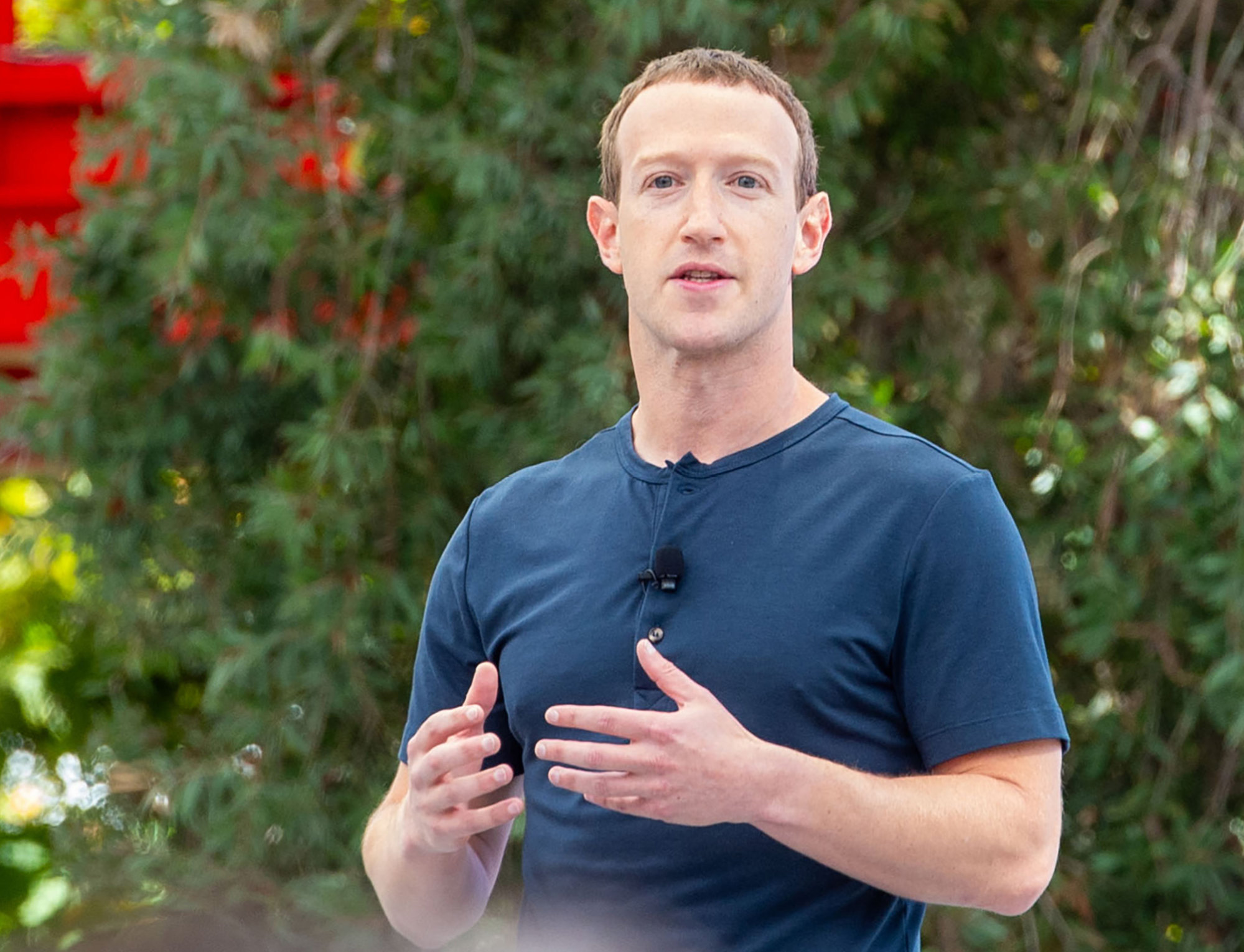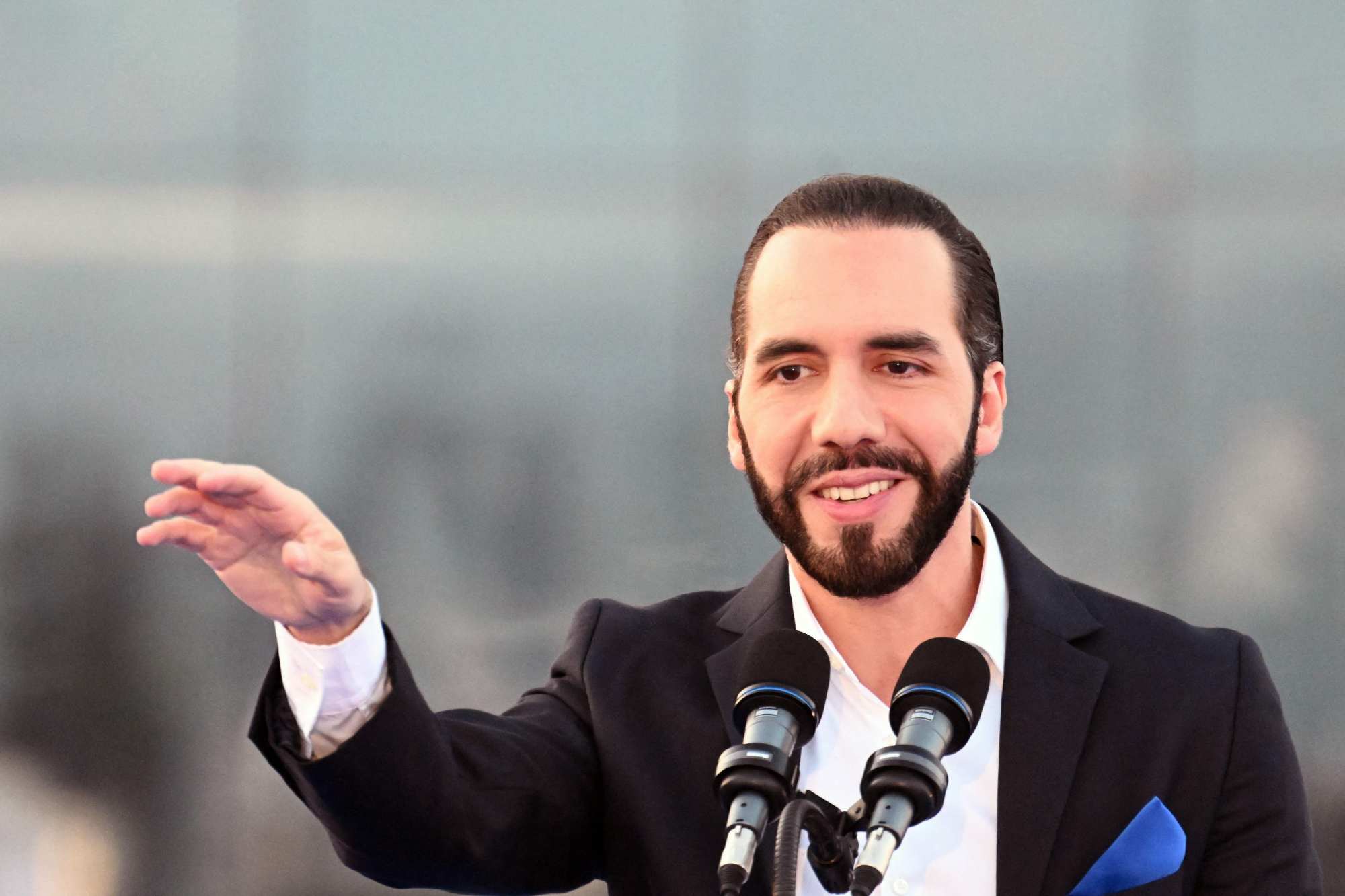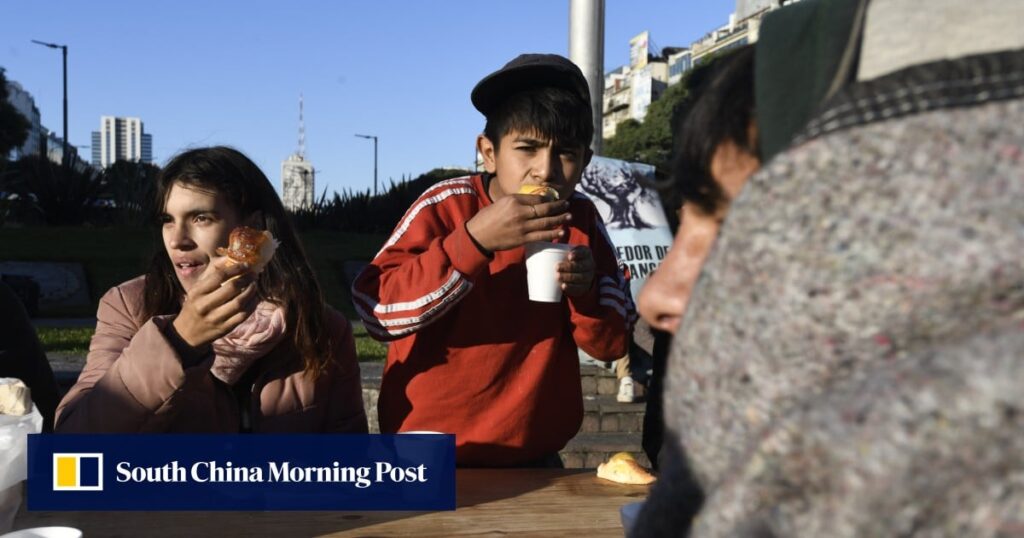The protests were reportedly organised to pressure the government to provide more funds and food, some of which never reached its intended recipients.

Milley aims to eliminate the practice of using NGOs and political parties as intermediaries to provide state aid and put an end to the so-called “business of poverty”.
On Monday, a judge granted a request by aid groups to provide a detailed breakdown of the withheld food and ordered the government to “immediately” proceed with distribution.
The judge said huge numbers of Argentines “suffer from severe food insecurity” – about 50 percent of the South American country's population lives in poverty, according to official statistics.
Presidential spokesman Manuel Adorni said on Monday the government would appeal the court order. He said the food had been stockpiled “in case of emergencies or catastrophes.”
According to social organizations, there are about 45,000 soup kitchens in Argentina.
Cabinet Secretary Nicholas Posse said in a recent report to Parliament that a preliminary audit had revealed that about 50 percent of the soup kitchens receiving aid “do not exist.”
Some have been closed by the government but are still open today thanks to private donations.

The ultra-liberal president “will meet with the owners of four of the world's top 10 companies by market capitalization in this attempt to reshape Argentina's international position,” Adorni told reporters.
It is Millay's seventh overseas trip since December and comes in a week when the Senate is debating proposed reforms aimed at cutting the budget and liberalising the economy.
On his way home from visits to Silicon Valley and Stanford University, the self-described “anarcho-capitalist” president is scheduled to attend Friday's inauguration of Najib Bukele, the leader of El Salvador's anti-gang movement, who was re-elected with a large majority in February.

Since taking office, Millay has slashed public spending, cut his cabinet in half, fired tens of thousands of government employees, halted new public works contracts and eliminated fuel and transport subsidies.
Inflation has slowed but is still running at nearly 290% year-on-year, and manufacturing output is plummeting.


